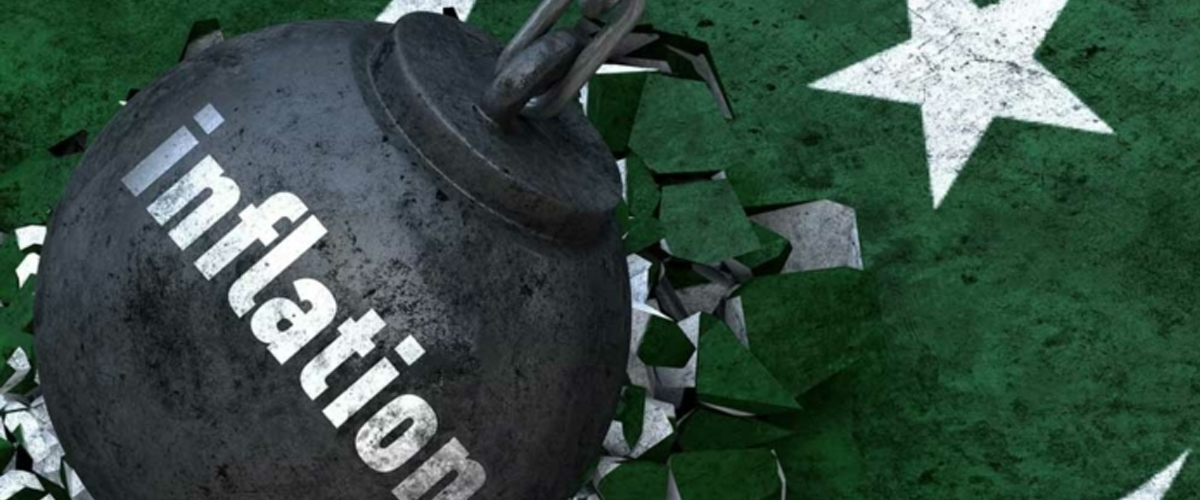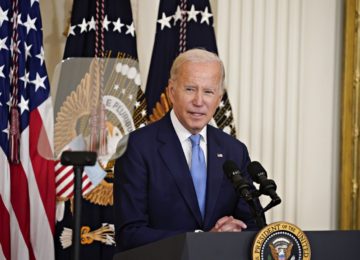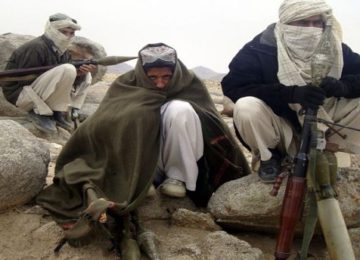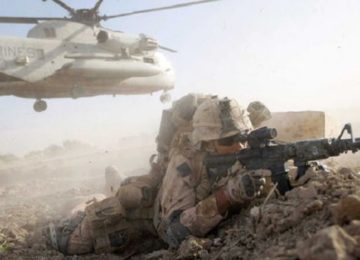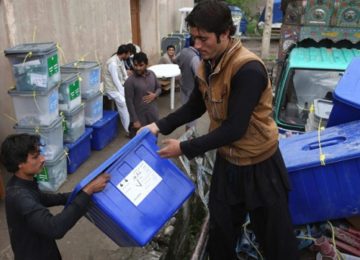Pakistan is placed 18th among the nations impacted by inflation, according to a study published in the international journal Trading Economics.
Pakistan, a nation of more than 240 million people, outranked war-torn Afghanistan and some other impoverished African countries despite the fact that people there are fighting for food due to record inflation.
According to data provided by Trading Economics, Pakistan is among the nations most adversely impacted by rising inflation, coming in at number 18.
Unexpectedly, the nuclear-armed nation surged to position four on the list of countries with the highest inflation, while Lebanon, Syria, and Iran were the only countries to claim the top spot.
According to statistics from Trading Economics, inflation in Pakistan was reported at 28.3 percent, over 24 percent in Laos, and over 27.8 percent in Nigeria, which alarmed the public who may soon face food and medication shortages.
Ethiopia ranked the poorest on the rating, as did other war-torn and underdeveloped countries including Sudan, Ghana, Cuba, Syria, Lebanon, and Cuba.
The inflation rate in Pakistan has been steadily rising, reaching 28.3 percent, while it is 24.08 percent in Nigeria and 27.8 percent in Laos, according to a research that was published in the journal. According to Trading Economics statistics, Afghanistan had the lowest inflation rate at minus 6.5%, while Pakistan ranked fourth among Asian nations in terms of inflation.
In Pakistan, economists predict that the headline inflation rate would increase further in August, reaching 28.6 percent on a year-over-year basis.
While transportation costs, electricity prices, and other essential commodities are anticipated to increase as people struggle with the greatest economic crisis in recent memory, food inflation remained a substantial contributor to this trend.
Describing the summary of Pakistan’s inflation and economic situation, it stated, “The annual inflation rate in Pakistan slowed for the second straight month to 28.3% in July 2023, the lowest level since January and down from 29.4% in the previous month, as the central bank maintained policy rates elevated to control prices.”
It was added in the summary, “The biggest slowdown was reported for alcoholic beverages & tobacco (102.1% vs 109.5% in June) and transportation (13.6% vs 20.3%). Inflation also decelerated for clothing (20.4% vs 21%), housing & utilities (10.8% vs 11.6%), furnishings (41.7% vs 42%), hotels & restaurants (34.7% vs 36.4%) and recreation & culture (65.9% vs 68%). Meanwhile, price growth was steady for food & non-alcoholic beverages (39.5%). Monthly, consumer prices rose by 3.5%, reversing a 0.3% drop in the previous month. Additionally, the core inflation rate, which excludes volatile items, eased slightly to 18.4% in July, from 18.5% in June.”



